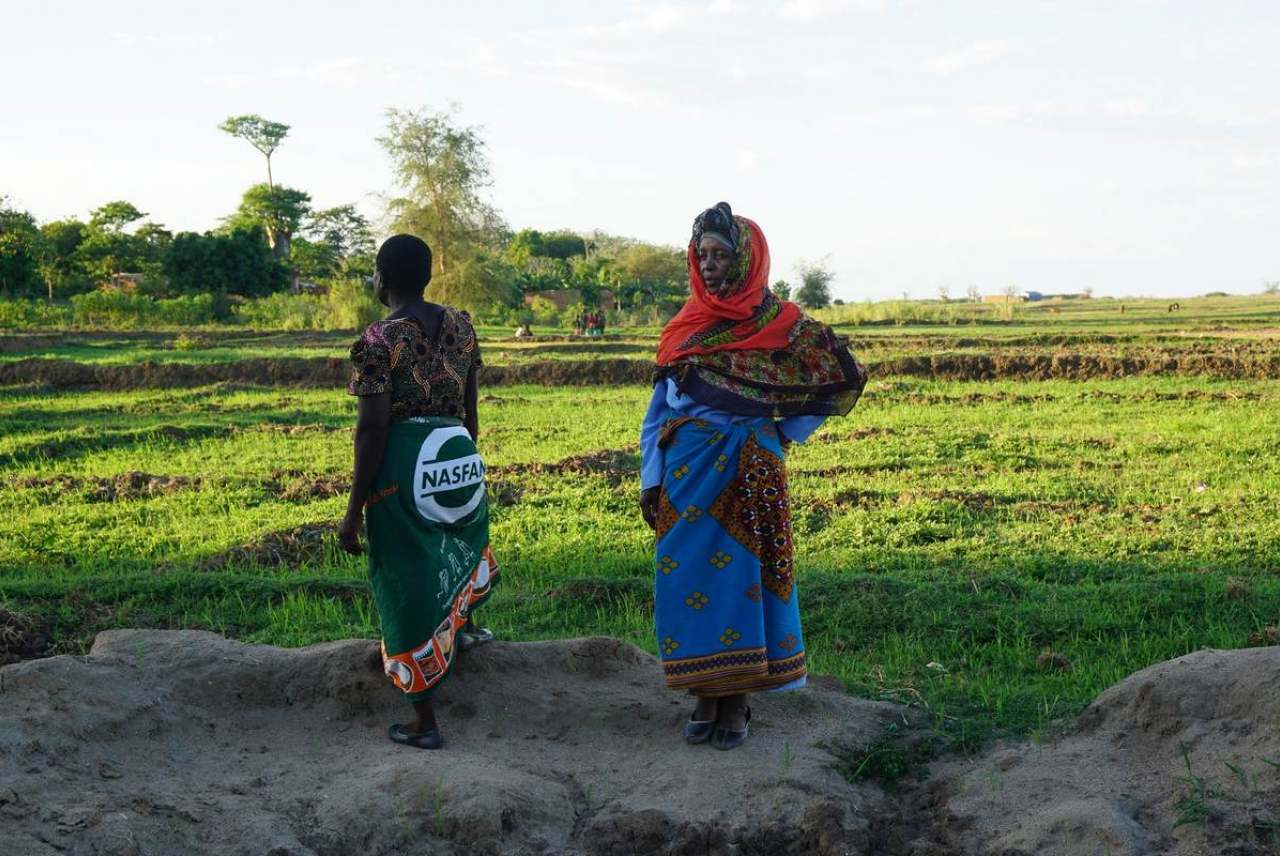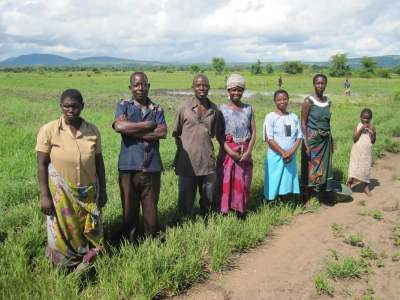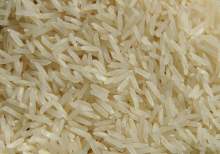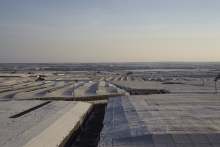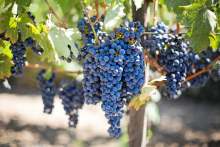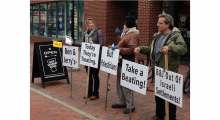Tell us a bit about your association and how it was established.
KASFA (Kaporo Smallholder Farmers Association) started as a small grouping of rice farmers in 2001 who all grew Kilombero rice in the Karonga region of Northern Malawi.
We approached NASFAM (National Smallholder Farmers Association of Malawi) about working with them and in December 2003. We were registered as a limited company with the Registrar of Cooperatives. At that time, we were only about 1500 members.
From 2003 to around 2009 we saw very little growth.
It was only when we started the partnership with Just Trading Scotland (JTS) in 2009 that we started seeing rapid growth - from 2500 members at that time to around 8000 in 2016. This led to the creation of smaller associations, which are also registered. These are Kaporo north, Kaporo south, Mpata and Ntchowo associations.
The organisational structure is as follows: individual farmers, club, association, union. Each association is managed by an association field officer who reports to the association business manager. Each association has a board of directors from which the chairperson and secretary are selected to be members of the union.
The union board is the one which works with the manager. All projects in the four associations are under the manager and union board. As NASFAM affiliates we are also privileged to have directors at a national level.
How do you work with Just Trading Scotland?
Because KASFA does not have money to buy rice, we enter into agreements with a NASFAM business arm who buys the rice from KASFA and then sells to JTS for a fair price. JTS then sell it in the UK.
All activities regarding, production, and promotion of the rice is done by KASFA until it gets to the UK. Then it is the responsibility of JTS to promote, sell and develop the market.
We, as farmers, have seen a lot of change doing business in this way as, through JTS, we are also able to get grants to support our activities through institutions such as the Scottish Government, a source of income we would not have got if it hadn’t been for our relationship with JTS. They have worked hard at trying to create a market in the UK for our rice and thus creating sustainable livelihoods for us farmers, so we can better provide for our children and their future.
JTS has also supported the farmers of KASFA through the funding of various projects such as seed multiplication, education, ploughs, ox carts, wells, irrigation etc.
